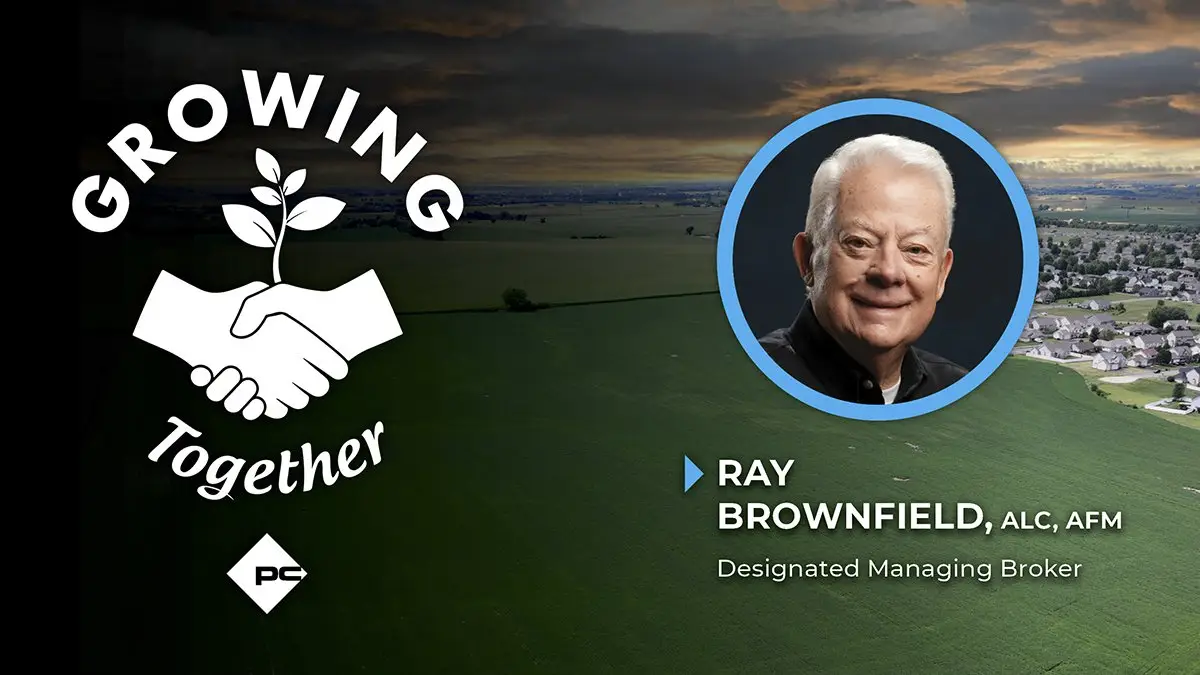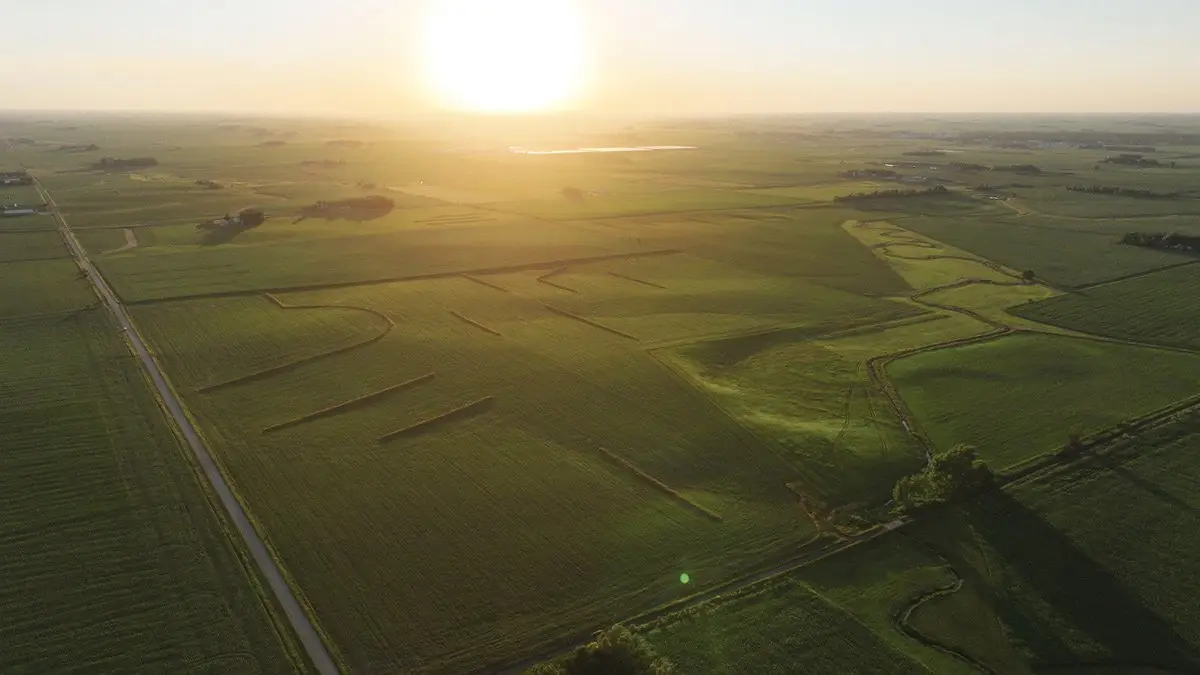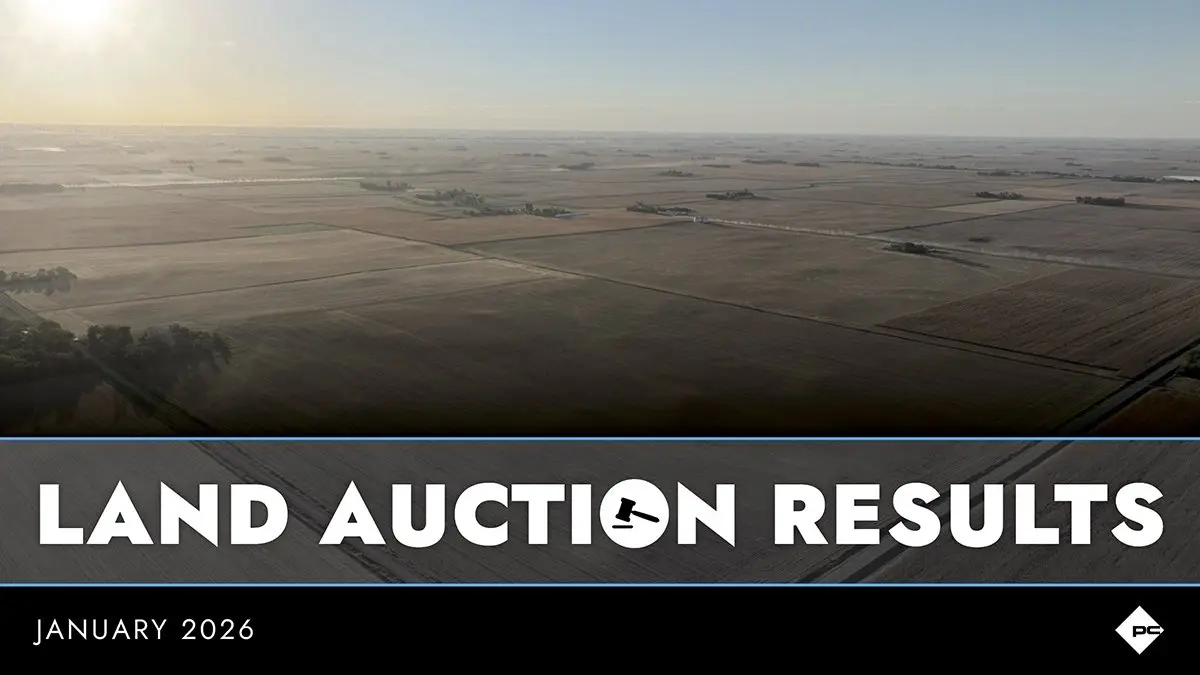Going from Mozambique to Zambia is like passing from dawn to full daylight. We flew into Livingstone on a plane loaded with tourists who came to see Victoria Falls. It is a mile-wide cascade on the Zambezi River and considered one of the seven wonders of the world. Our interest in the river is for irrigation to support a developing agricultural system.
Riding through bush in Zambia with a local farmer.
Traveling with us is Koos DeKlerk, General Manager of Emvest Investments. He was born into a farming family in Zimbabwe, speaks four languages, and is an excellent agriculturalist. His family had the largest commercial farm in the country until they were kicked out in 2004 by the Mugabe regime. The land is now owned by the past Minister of Agriculture and was not parceled out to small farmers as promised by the president.
Koos was not dismayed by his treatment as he and hundreds of other Zimbabwean farmers moved across the river and began to develop Zambia. He worked six years to develop a farm called Kalonga. Proof of the Zim’s determination shows in Zambia’s agricultural productivity that has shot upward in the last decade.
We drove to a field where wheat was being harvested off an irrigated farm near the end of the dry season. Except for the big river that adjoins it, and the wildlife that passes through, you would swear you were in the heart of Kansas. The white wheat was bred for the area and grew just over five months from planting to maturity. It was being combined by a John Deere 9650 with a Mac Don Header. The yield was averaging 135 bushels per acre.
We also saw commercial banana plantations and very sizable fields of peanuts. The peanuts grow well in the sandy soils and are a native crop for Africa. Bananas are a staple in the local diet and are desirable in cities across Southern Africa.
Irrigation on wheat in Zambia.
The problem is processing and infrastructure. There is a good road so the unshelled peanuts are transported 600 hundred miles to a processor in South Africa. Bananas also require processing and distribution in a timely manner. The industry is just now learning how to get food products into the local market.
Tourism along the Zambezi River is the source of easy money for Zambia. Hotels cost hundreds of dollars per day and Victoria Falls is visited by people from all over the world.
The future remains uncertain. A scholarly innkeeper thinks the Zimbabwean purge won’t happen in Zambia but he does think there are more tough times ahead for white farmers in South Africa.
There is an uneasiness here as changing governments over to majority black rule has caused politicians to change the status quo. Flushing colonialism out of Africa is still underway.
-Ken Root
Ken Root is filing reports this week from Southern Africa, where it is early spring and – as part of an expedition that is being underwritten by Peoples Company – the veteran ag broadcaster along with photographer Michael McClean and investment analyst Maurice Clark are taking a close look at agricultural potential in three countries: South Africa, Mozambique and Zambia. The U.S. team including of Root, McClean and Clark, arrived in Johannesburg, South Africa, on the evening of Sunday, October 5, following a 16-hour flight from Atlanta. Monday morning, following a 10-hour flight from London, they were joined by Koos DeKlerk, an area-farm manager, and Susan Payne, executive chairman of EmVest.






